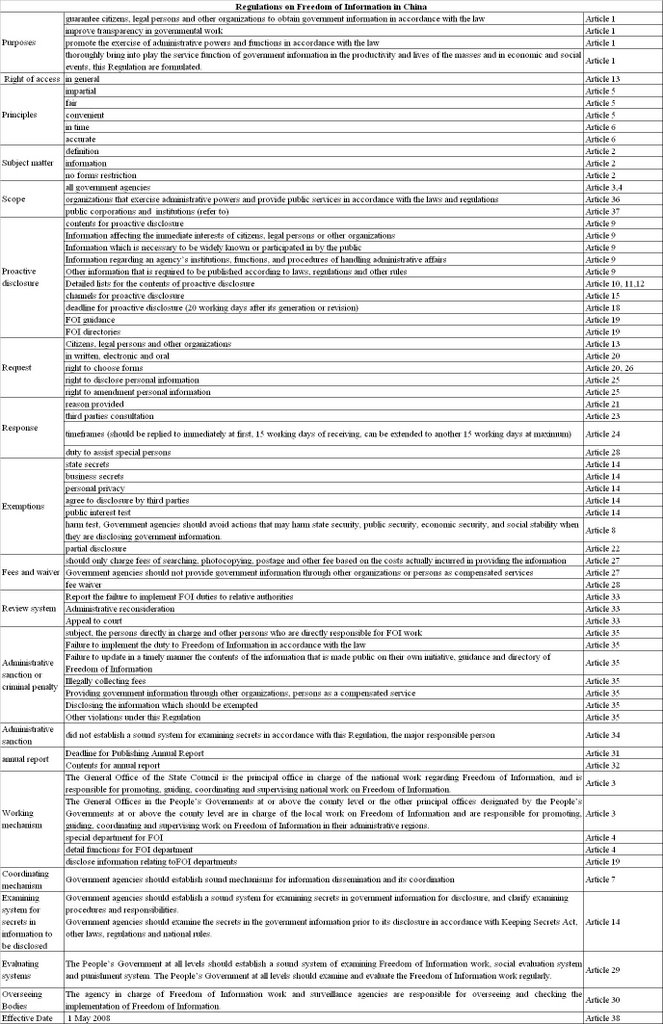AP Impact: Right-to-know laws often ignored
China became a full member of the WTO after promising to establish a system where people could request some public records. The government got about 100,000 requests last year, according to Weibing Xiao, a law professor who blogs about freedom of information in China. Response rates vary widely by office, from zero to 100 percent disclosure.
"I would say the Chinese government currently, while there are some problems, has become more transparent, more open," Xiao says.
However, more than half of city and provincial governments fail open-information requirements, one survey found. Chinese officials told the AP to fax a freedom of information request to find out how to use the freedom of information law. The number, dialed dozens of times, was never answered.
Even when information is available in China, it may not change anything, especially if it gets in the way of economic growth.
Professor Zhao Fengping grew up with six brothers and sisters in the rust-belt northern city of Zhengzhou, in a warren of warehouses converted into homes. But in recent years, Zhengzhou, like many other Chinese cities, has grown at a dizzying pace.
Zhao's mother, a widow in her 80s, lives both in the family home and with her children. Only by chance, on a visit back to the home last year, did Zhao and her mother learn that it was slated for demolition, to make way for an apartment complex.
In records obtained under China's open-government laws, Zhao found lapses and glaring mistakes that should have stopped the project. The approval for the project was two years old and had effectively expired. And the documents had the wrong address, listing an intersection of two streets that don't meet.
Zhao confronted officials at the Demolition and Relocation Office.
"I brought out the map and said, 'Locate this place for me.' They couldn't. I said, 'What can be done?'" recounts Zhao, who teaches public administration at Zhengzhou University. "He said it's not their problem."
She hit the same stonewall at other offices. The wrecking crews came in last November. Zhao's mother lost her home and lives with each of her children in turn.
Zhao says right-to-know laws mean nothing unless people can use the information to change policies and fight for their rights.
"I felt very sad, very hopeless," she says. "I was angry, I was furious, I was exhausted. I ran around in a big circle but didn't accomplish anything."
From Associated Press, See http://www.google.com/hostednews/ap/article/ALeqM5i_MxQIod9fssKpDqhF0UZvnfMB3A?docId=55ab6263c5444d649092f84edc13e4b0

No comments:
Post a Comment